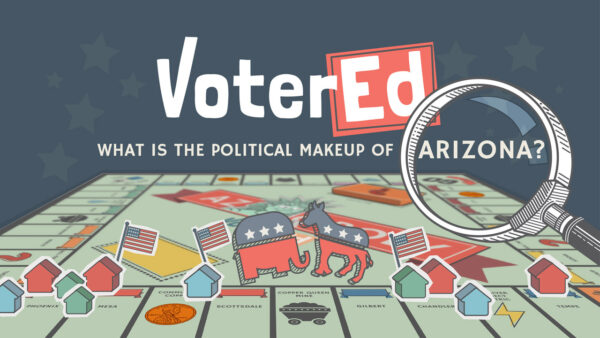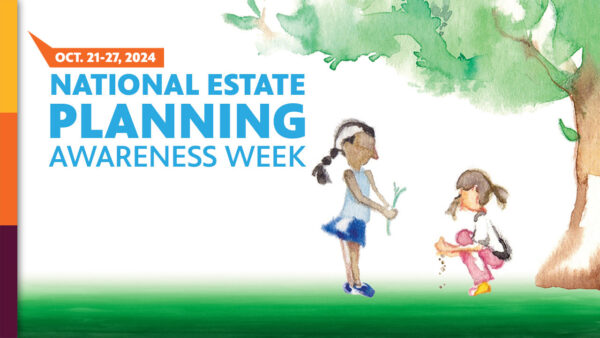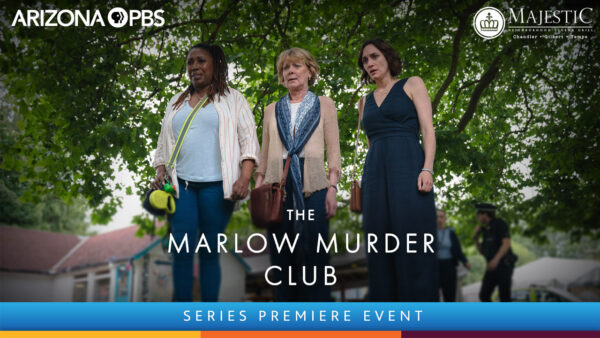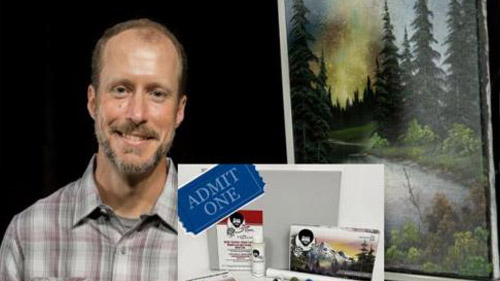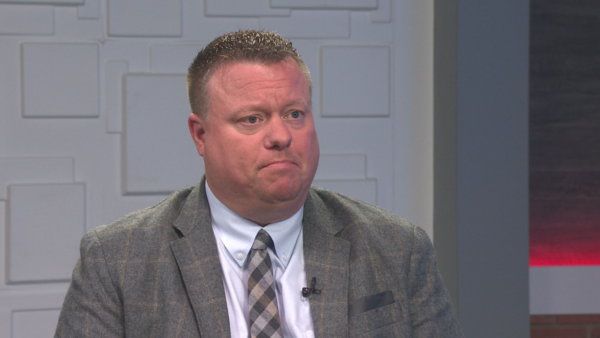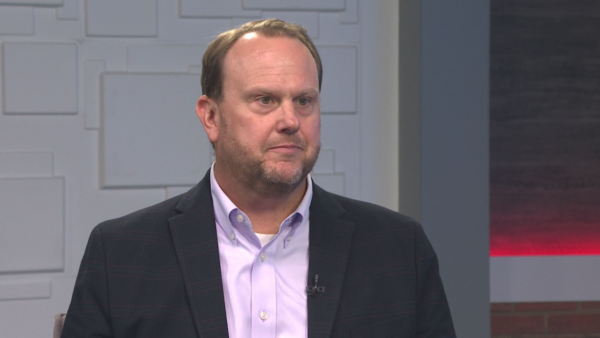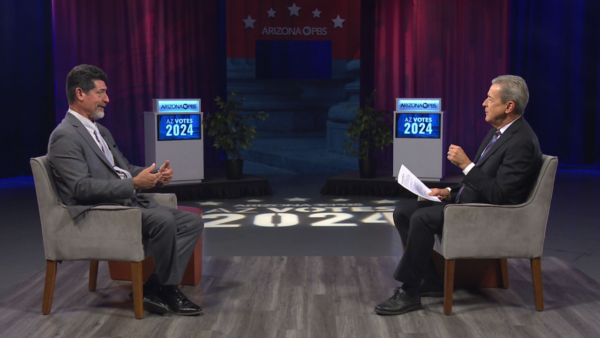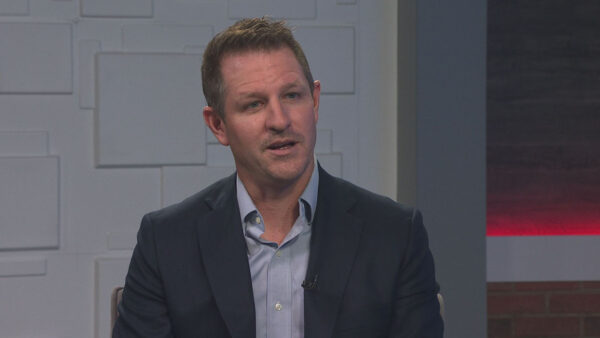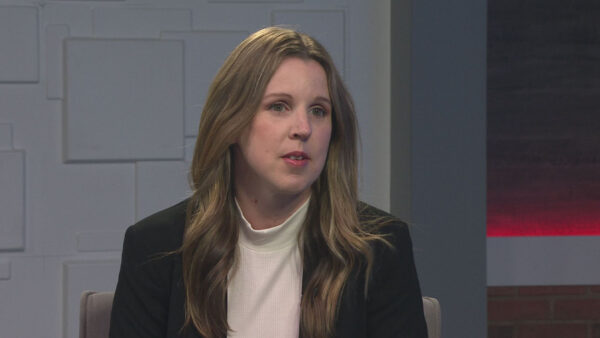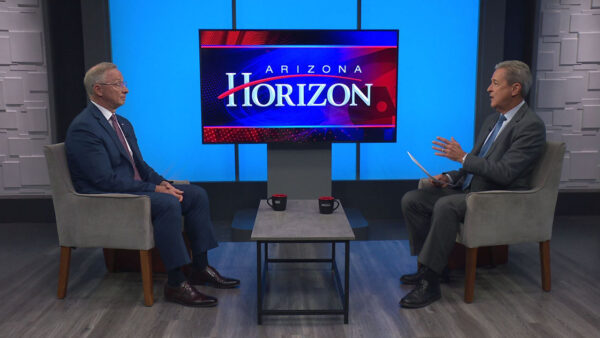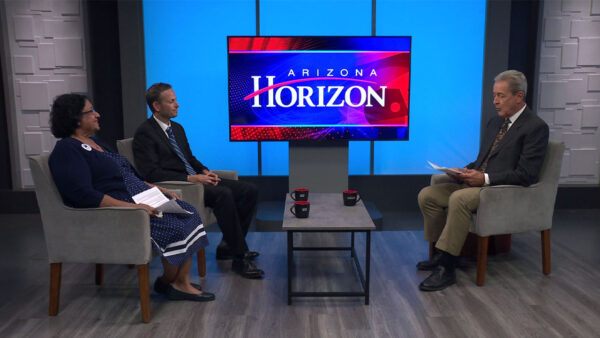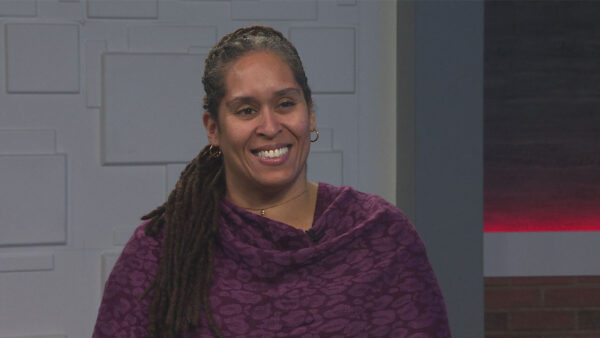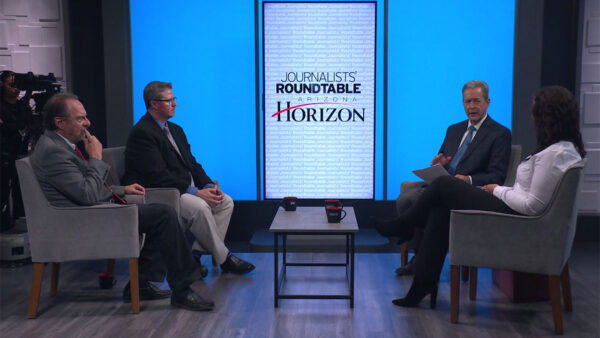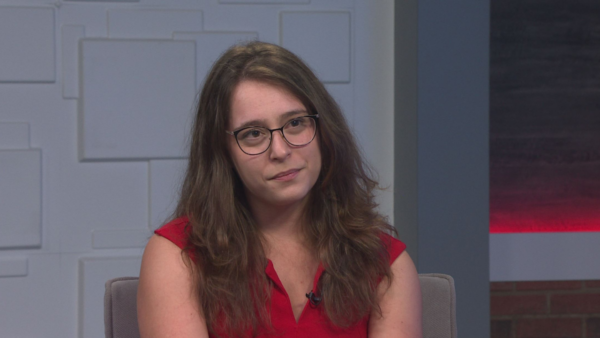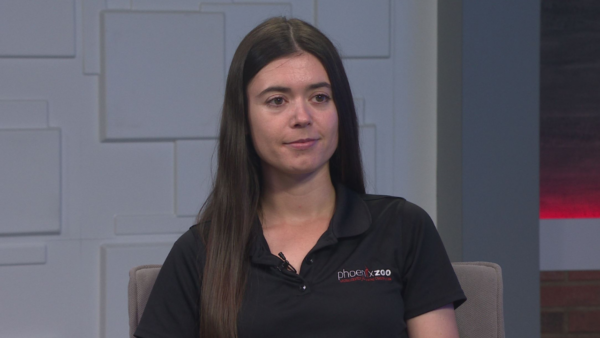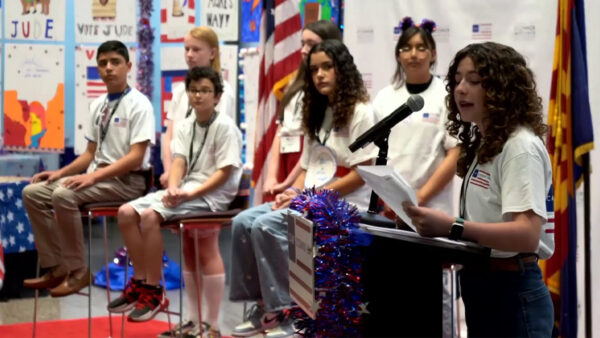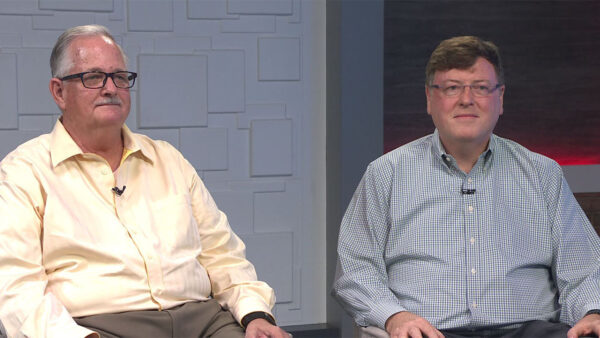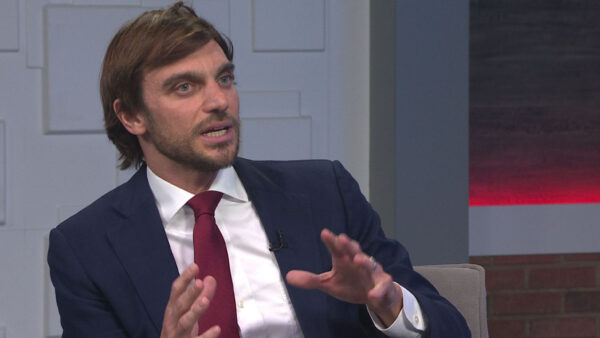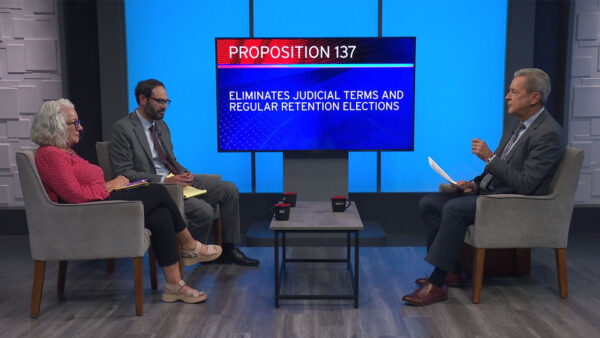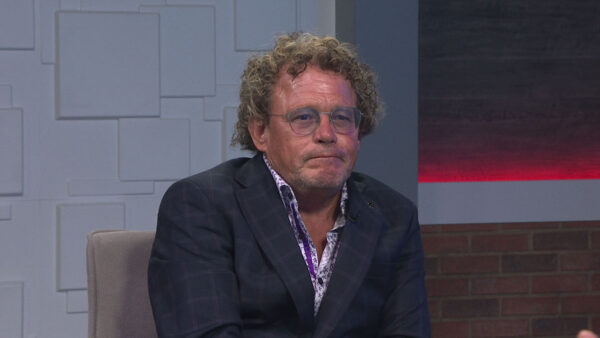Twenty-five percent of the residents of Guadalupe live in poverty and close to 40 percent of the children won’t graduate from high school. But this town of 5,500 largely Yaqui Indians and Hispanics is pushing back against the persistent poverty.
They’ve started with home grown programs to help kids get through school, including the Guadalupe Learning lab, an after school mentoring and tutoring programs run by locals.
This report is part of an ongoing PBS series on poverty and opportunity, “Chasing the Dream.”
Ted Simons: Guadalupe lags behind the rest of the state in high school graduation rates and household income, but the town is pushing back against poverty. Here now as part of our ongoing PBS series on poverty and opportunity in America, "Chasing the Dream," we take a look at a homegrown program that works to help kids get through school and "stay" in Guadalupe.
PKG: You have math homework now?
PKG: There is a lot of persistence. They understand help and persistence are required from everyone.
PKG: Maybe. Sure.
Reporter: In this tutoring center, crayons and calculus share desk space, free staffed almost entirely with volunteers from the community. It all started with a question.
We asked the community where I live what do you want? Not what we want. What do you want? How can we help? They needed help with homework.
PKG: Marina Gonzalez wasn't sure she could help but knew she wanted to try because she understood better than most what education meant.
Marina Gonzalez I didn't graduate from high school. A lot of my family members didn't graduate from high school. But I wanted my kids to graduate. I felt like the only way I could make sure my kids graduated is I invest my time in their education. While doing that, I could invest my time in other kids’ education.
PKG: 61% of Guadeloupe kid’s graduate from high school compared to 79% statewide. An investment in education made a lot of sense and Gonzalez new the help needed to be home-grown. -- knew.
Marina Gonzalez I felt like there were programs to help them but if you don't have the that relationship with people they will never go to them. The most important thing is having relationships with the people that you are going to work with or the people you want to help.
PKG: In Gonzalez’s mind where the kids learned was almost as important as what they learned. Guadalupe is a town of 5500 largely Native Americans and Hispanic residents. Almost 25% of the people live below the poverty line. But packed between the dusty streets of its one square mile as a fiercely loyal and proud population.
Marina Gonzalez We have such a beautiful community. We have beautiful culture. There is so much here in Guadalupe. I wouldn't change it for anything.
PKG: It is very family-oriented. The community offers a lot for the kids to do here
PKG: The kids hit the books and bust out the flashcards the three days a week the center is open. It is familiar territory.
Adelina Velenica: It is easier because people know the family. Everybody goes together. It is easier for the kids to communicate with each other.
PKG: And they do communicate.
PKG: What are you guys learning in class right now?
PKG: If you want help here, you have to give a little help.
Adelina Velenica: If we have second graders that know how to read and a kindergarten doesn't know how to read our second graders help them.
Marina Gonzalez They need help with homework the older kids help. We have teenagers that come and help them. We have parents that come in and help. I mean if you can sit and listen to somebody read, you are a tutor.
Harley Williams: I am happy with the kids here trying to teach them how to write.
PKG: 17-year-old Harley Williams found the learning lab at just the right time.
Harley Williams: I needed it because I was falling behind in school last year. I came here and they helped me get my grades up.
PKG: He gets help in math and reading and says no kidding it is a place where he can focus on homework and bigger goals.
Harley Williams: I want to become a rapper. But if that doesn't work out, I have a backup plan to make my own business. I will go to college and start off there. Work my way up and try to learn my bachelor’s degree.
PKG: He will get there with the help of volunteers like Rick Mason.
Rick Mason: There is one girl over there today and part of the reason she graduated from corona was because of me helping her.
PKG: His kids went to some of the same schools these kids did.
Rick Mason: Spanish?
PKG: Spanish is hard.
Rick Mason: But your mother speaks Spanish.
PKG: He understands his time has value and knowledge here.
Rick Mason: I want to see them get high school diploma
PKG: That is the short-term goal. Long term Gonzalez wants more.
Marina Gonzalez Those two are the basics for everything.
PKG: She wants these kids to keep their knowledge in Guadalupe and somewhere it.
Marina Gonzalez We don't want our kids to like leave and forget where they came from or lose what they have been -- to lose their culture and all of this. Not everybody has it.
Ted Simons: The learning center has been open for six years and they already had to move three times because they keep outgrowing their space. The center's open three days a week during the school year and offers summer programs. Friday on Arizona Horizon, it's the journalists roundtable, we'll discuss the big news of the week: Senator Jeff Flake deciding "against' running for re-election. We'll talk about why the decision was made and how the decision changes the state's political landscape. That's Friday on the journalist’s roundtable. I am Ted Simons. Thank you for joining us. You
Marina Gonzales: Director, Guadalupe Learning Lab

